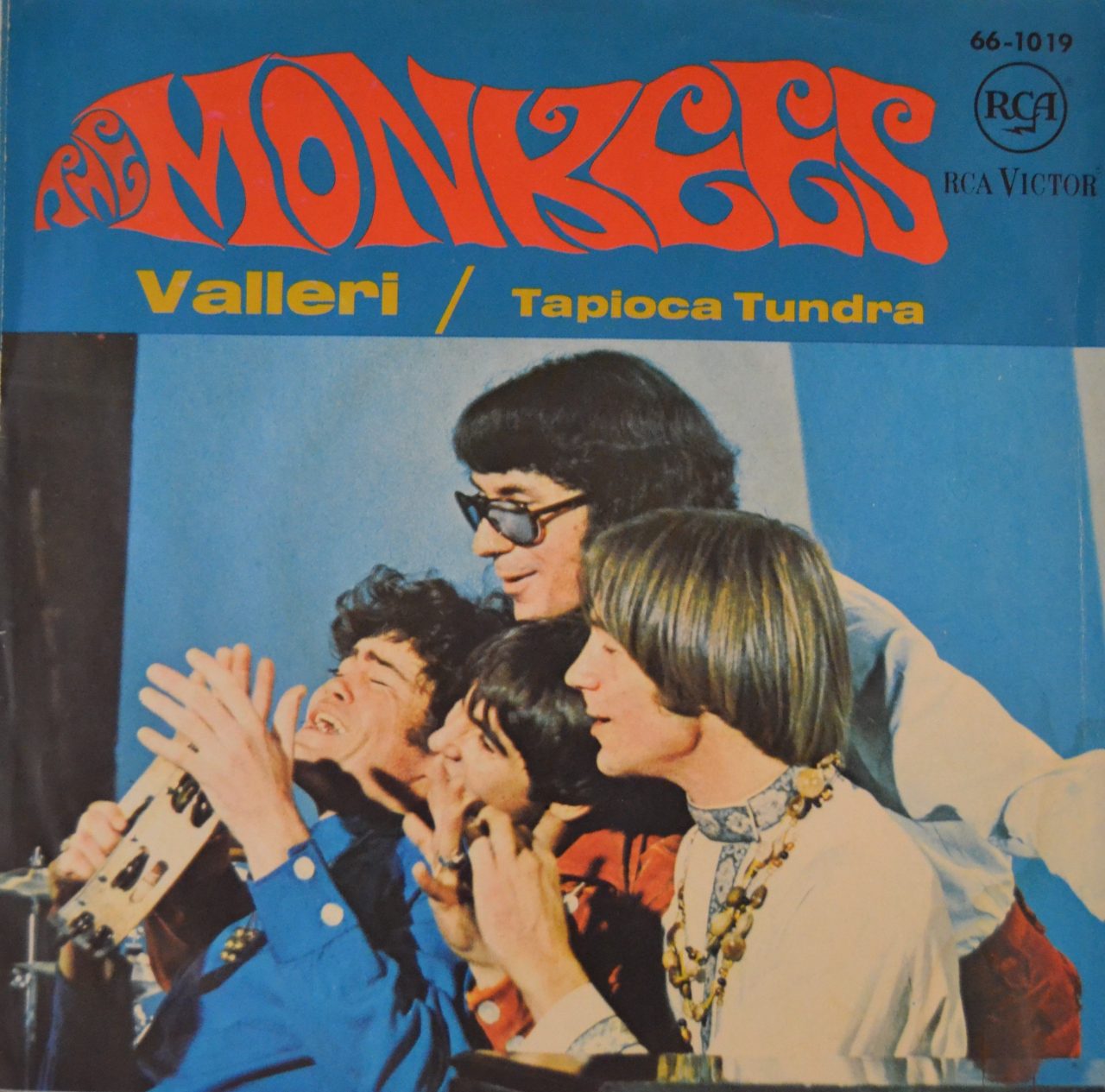
About the song
The Monkees, the iconic pop band from the 1960s, are often remembered for their catchy tunes and quirky television show. One of their more adventurous tracks is “Tapioca Tundra”, a song that reflects the band’s eclectic musical experimentation. Released on March 10, 1968, “Tapioca Tundra” is a notable track from the album “The Birds, The Bees & The Monkees”, which marked a period of creative exploration for the group.
“Tapioca Tundra” appears on “The Birds, The Bees & The Monkees”, an album that demonstrated The Monkees’ willingness to evolve their sound beyond the bubblegum pop they were initially known for. This album, released at a time when the band was increasingly taking control of their own music and production, features a blend of psychedelic rock, folk, and pop influences. “Tapioca Tundra” stands out for its unique arrangement and introspective lyrics, capturing the essence of the band’s experimental phase.
The song is notable for its distinctive and somewhat surreal lyrical content, which reflects a sense of whimsical detachment and introspection. The title itself, “Tapioca Tundra”, evokes a sense of the absurd and the fantastical, a nod to the song’s playful yet profound nature. With lyrics such as “The stars are so dim, it’s like a city / Out of control,” the song conveys themes of disillusionment and escapism, portraying a sense of yearning for a simpler, more meaningful existence. The music complements these themes with its intricate instrumentation and unconventional structure, including a blend of folk and psychedelic influences.
Socially, “Tapioca Tundra” reflects the late 1960s era’s exploration of new musical and cultural frontiers. The track’s innovative approach resonated with a generation looking for deeper meaning and authenticity in music. During a time of significant social and political change, The Monkees’ willingness to push boundaries and experiment with their sound mirrored the broader cultural shifts occurring around them.
The influence of “Tapioca Tundra” extends beyond its immediate context, showcasing The Monkees’ capacity for musical experimentation and growth. Although the band is often remembered for their more mainstream hits, this track highlights their versatility and willingness to explore new artistic directions. For fans and critics alike, “Tapioca Tundra” serves as a testament to The Monkees’ creative ambitions and their role in the broader evolution of pop and rock music during the 1960s.
In summary, “Tapioca Tundra” by The Monkees is a fascinating example of the band’s musical evolution. Released as part of the 1968 album “The Birds, The Bees & The Monkees”, the song captures a unique moment in their career, blending playful surrealism with musical innovation. Its introspective lyrics and experimental sound reflect the broader cultural shifts of the time, highlighting The Monkees’ impact on the evolving landscape of popular music.
Video
Lyrics
One, two, three, four, five, four, three, two, one, zeroBlah, blah, blah, blah, blah, blah, mnah, mnah, mnah, mnah, na, , na, na, na-naReasoned verse, some prose or rhyme, lose themselves in other timesAnd waiting hopes cast silent spells, that speak in clouded cluesIt cannot be a part of me for now it’s part of youCareful plays on fields that seem to vanish when they’re in betweenAnd softly as I walk away in freshly tattered shoesIt cannot be a part of me for now it’s part of youSunshine, ragtime, blowing in the breezeMidnight, looks right, standing more at easeSilhouettes and figures stay close to what he had to sayAnd one more time the faded dream is saddened by the newsIt cannot be a part of me for now it’s part of youWell, Sunshine, ragtime, blowing in the breezeMidnight, looks right, standing more at easeNyet, nyet, nyet, nyet, nyet, nyet, nyetNyet, nyet, nyet, nyet, nyet, nyet, nyetNyet, nyet, nyet, nyet, nyet, nyet, nowSunshine, ragtime, blowing in the breezeMidnight, looks right, standing more at easeSilhouettes and figures stay close to what he had to sayAnd one more time the faded dream is saddened by the newsIt cannot be a part of me for now it’s part of youAh, ah, ah, ah…